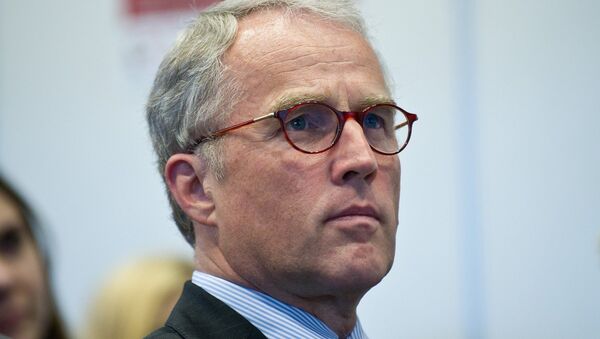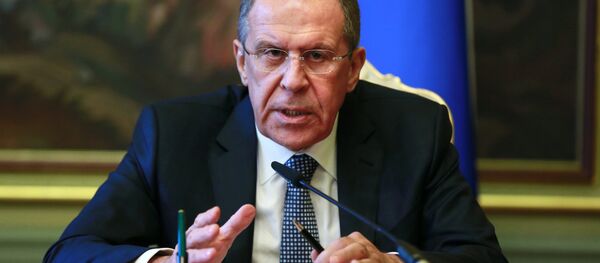"These sanctions became a symbol of the fact that we consider the principles that were violated [by Russia] to be inviolable, and for the sake of compliance with these principles, we are willing to accept some negative consequences for ourselves," von Fritsch told RIA Novosti.
The impact of EU sanctions imposed on Russia in 2014 was felt by German farmers the most, who lost 1 billion euros ($1.1 billion at current exchange rates) last year, according to the German Farmers Association. Dairy farmers in Germany earned half of their pay in 2015, while meat, grain and vegetable producers sustained income cuts of around 25 percent.
"Thus, our response shows that this is not punishment, but that sanctions are policy instruments to achieve certain goals," the German ambassador stressed, adding that "the instruments will be eliminated" with the implementation of the Minsk peace agreement.
Von Fritsch said Berlin was "working very hard" to achieve the "clear decisions" adopted by the European Union.



